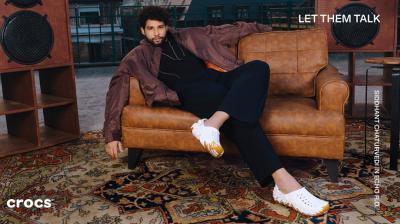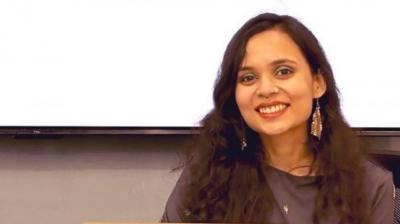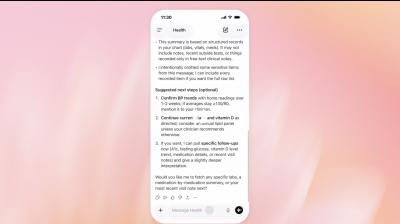I recently returned from judging the Impact category at the D&AD Awards in London, and I’m brimming with inspiration. It’s reaffirming to see creativity continue to be a force for real-world change, fueling progress in laws, environmental responsibility, and inclusive practices.
For the uninitiated, D&AD is a global non-profit that champions excellence in design and advertising. Its awards are among the most respected, particularly because they celebrate design and craft. While our region excels in ideas and storytelling, this year’s jury stressed that craft matters. In a world flooded with automated and generic content, creativity must be both meaningful and meticulously executed.
The Impact category celebrates work aligned with the UN’s 17 Sustainable Development Goals and demands proof of tangible change - social, behavioural, environmental, or policy-based. Over three intense days, our jury reviewed compelling case studies judged not just on innovation and ethics, but also on measurable impact. This is also the only category that awards the coveted White Pencil for gold-standard impact.
I’m proud to serve on the D&AD Impact Council, a global collective of senior leaders in creativity, tech, investment, and social change. One standout initiative is the Future Impact category, which supports early-stage ideas with mentorship and funding. The Sustained Impact subcategory honours powerful long-term campaigns, like BBDO India’s 'Ariel Share the Load', which has won a few times over the years.
This year, jurors also emphasised commercial viability—awarded ideas had to generate both business and social value. The awarded work must reflect the times we live in and inspire change toward the world we want to inhabit. In today’s economic and social climate, we felt a responsibility to recognise brave brands that prioritised people over profit.
The 2025 White Pencil winners reflected this spirit. Apple’s reimagining of 'AirPods Pro 2' as hearing aids offered an inclusive, stigma-reducing innovation. Renault’s 'Cars to Work' initiative displayed business-with-a-heart and created accessible vehicle ownership for underserved communities through a meaningful partnership between business and government. The Future Impact White Pencil went to 'Fish Heart', an AI-powered fishway preserving biodiversity.
Closer to home, India’s 'Fit My Feet' provided affordable, inclusive footwear for people with clubfoot—an excellent example of human-centred design. Sri Lanka’s shortlisted 'Second Life Notebooks' offered an inspiring response to economic hardship through inclusive recycling.
As a parent myself, two campaigns on parental advocacy deeply moved me. 'Final Exam' used the medium of a video game to address gun violence by requiring lawmakers to experience a school shooting simulation, driving home the need for gun reform.. '36 Months' helped Australian parents successfully lobby to raise the social media age limit from 13 to 16, putting children’s mental health first and holding tech platforms accountable.
As a woman in leadership, I was particularly struck by the 'Pink Chip' initiative, a financial index tracking women-led companies, proving they outperform in both profit and market value; solid evidence that inclusion and success can go hand-in-hand.
I returned from D&AD feeling hopeful and recharged. The work reinforced that when creativity is rooted in empathy, executed with craft, and directed toward impact, it becomes a powerful force for good. As creatives, our industry must continue to channel this energy and be inspired by Mahatma Gandhi’s words, “Be the change that you wish to see in the world.”
The author is founder and chief creative officer, HumanSense (Sri Lanka).












